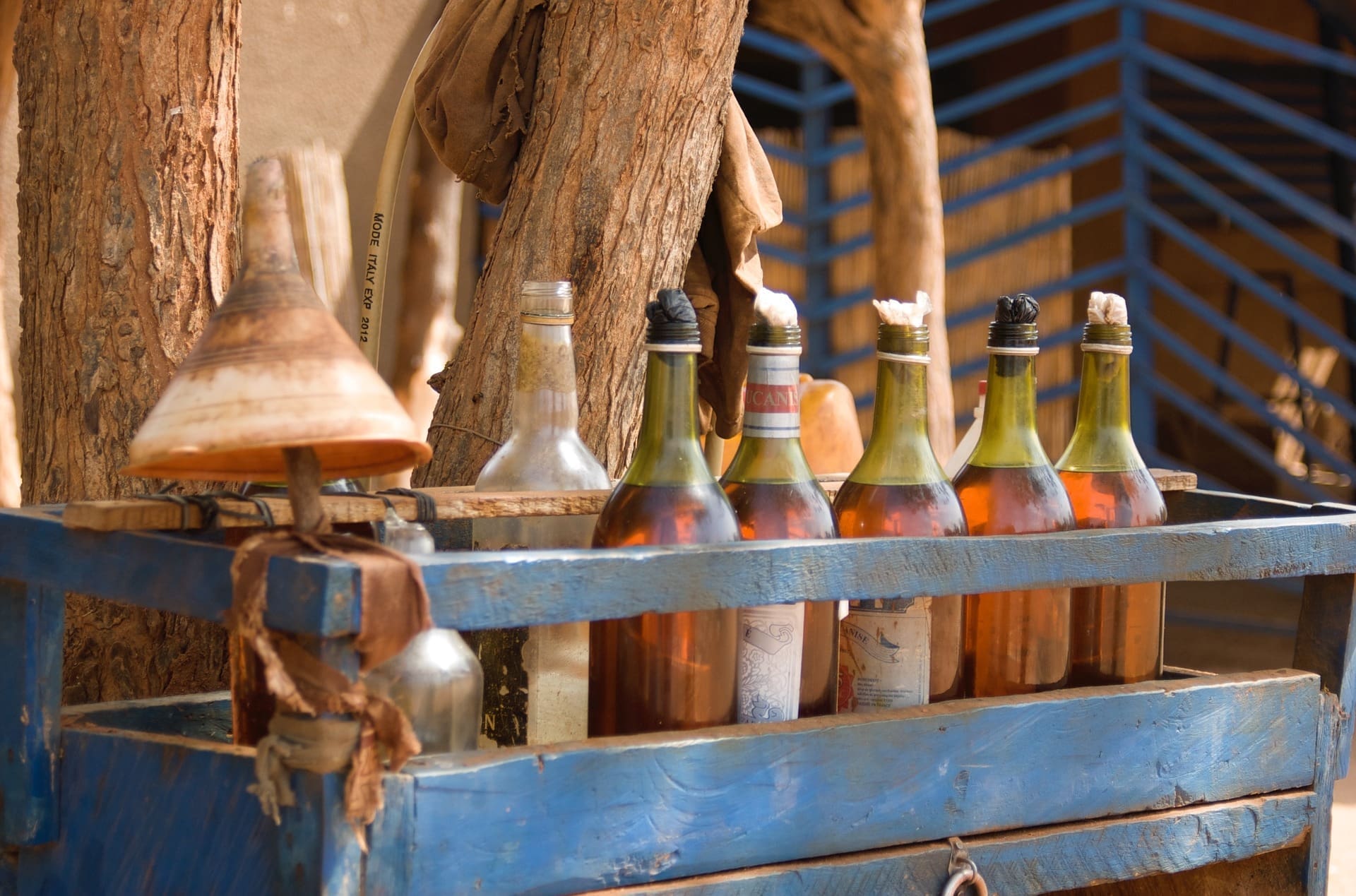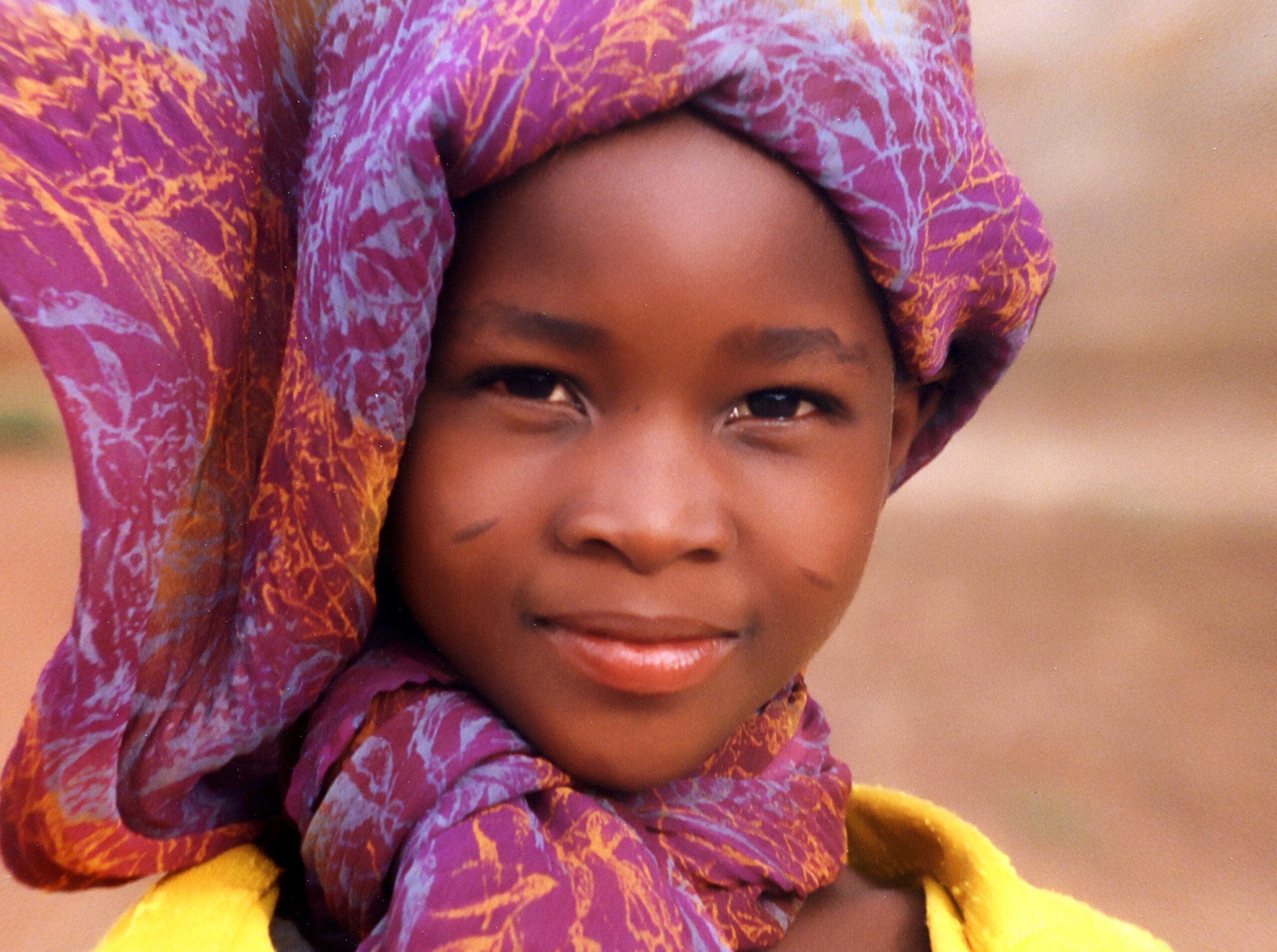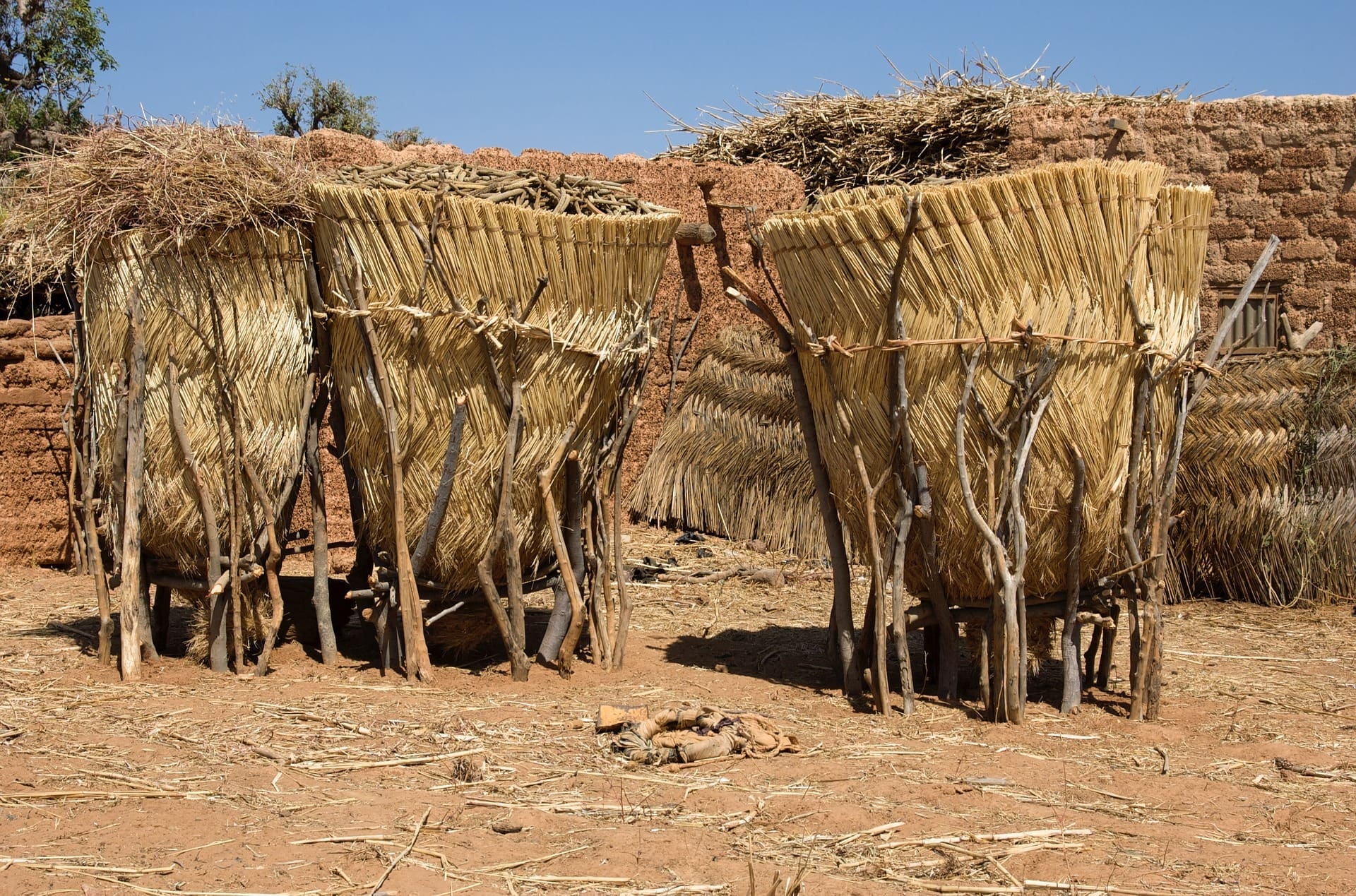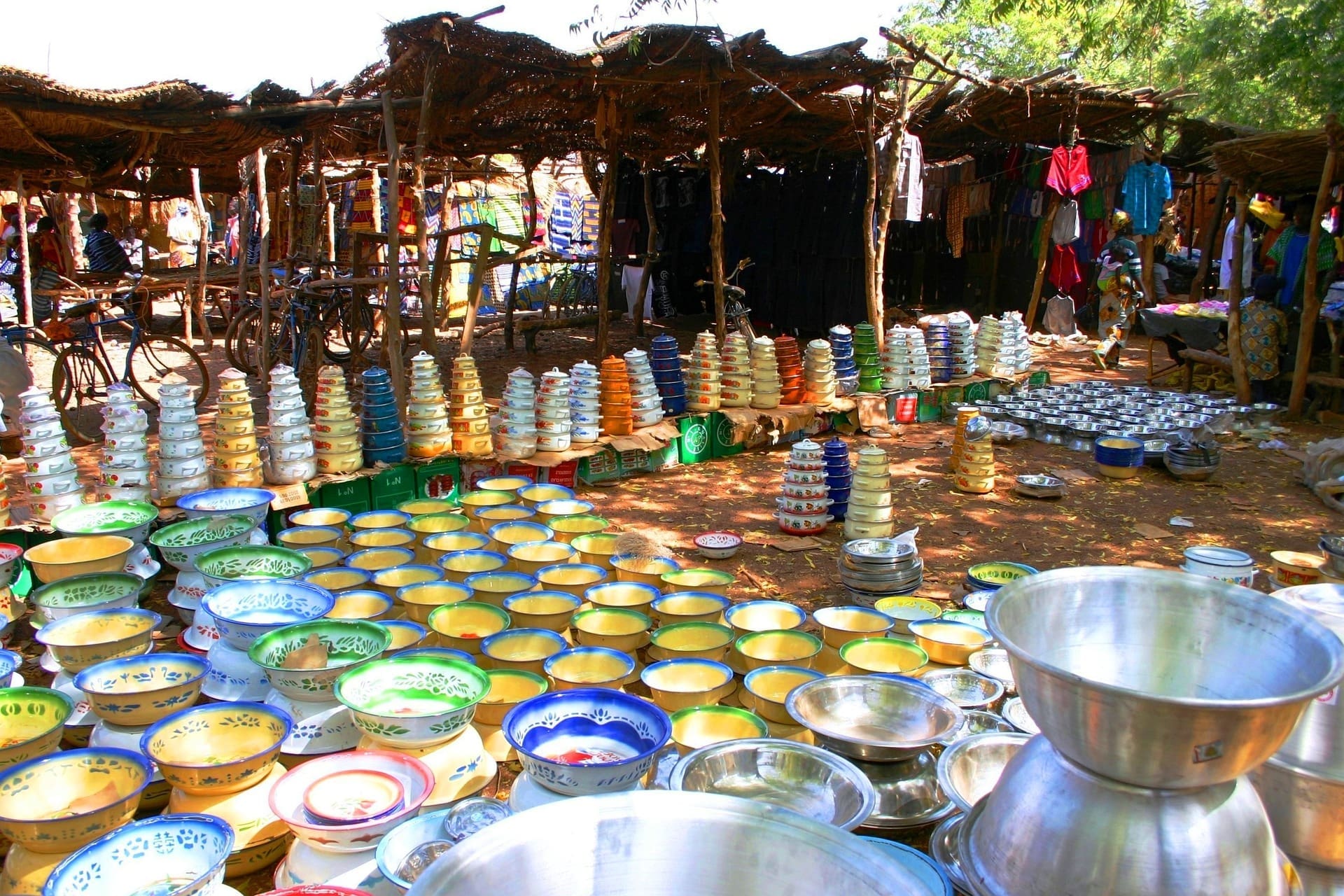Burkina Faso
sahelian nation, cultural melting pot
About Burkina Faso
Culture and Religion
Where to go
How to get there
Visa Requirements
Travelling Budget
About Burkina Faso
Burkina Faso, a landlocked country in West Africa, is known for its vibrant culture, diverse landscapes, and rich history. With a population of over 20 million people, the country is home to numerous ethnic groups, including the Mossi, Fulani, and Dioula, each contributing to the country’s cultural tapestry.
The capital city of Burkina Faso is Ouagadougou, which serves as a hub for art, music, and traditional crafts. The city hosts the biennial Pan-African Film and Television Festival, attracting filmmakers and artists from all over the continent. Traditional music, such as the balafon and the kora, are commonly heard throughout the country.
Burkina Faso is also known for its impressive historical sites. Ruins of the ancient Loropeni stone walls, a UNESCO World Heritage site, testify to the country’s rich history and serve as a reminder of the ancient empires that once thrived in the area. The 16th-century Mosque of Bobo-Dioulasso is another architectural gem highlighting the country’s cultural heritage.
Despite challenges such as poverty and limited resources, Burkina Faso strives to develop its economy and improve living conditions. Agriculture, mining, and service sectors play crucial roles in the country’s economy. The government has also invested in promoting education and healthcare to improve the well-being of its people.
Burkina Faso is blessed with natural beauty, including national parks and reserves. The W National Park, shared with Niger and Benin, is home to a variety of wildlife, including elephants, lions, and antelopes. The country’s landscapes range from the Sahel savannah in the north to the lush forests and waterfalls in the south.
In summary, Burkina Faso presents a unique blend of diverse cultures, a rich historical background, and natural beauty. It continues to strive for progress while preserving its cultural heritage and traditions.
Culture and Religion
Burkina Faso is a country renowned for its rich and diverse culture, shaped by the various ethnic groups and their unique customs. The largest ethnic group is the Mossi, comprising about half of the population, followed by the Fulani, Bissa, Gurma, and others. Each group contributes to the country’s cultural tapestry, showcasing different traditions, languages, and art forms.
The traditional beliefs and practices of Burkina Faso’s indigenous people blend with the influence of Islam, which is the predominant religion in the country. While Islam is followed by a majority of the population, there is also a significant Christian community, particularly in urban areas. The coexistence of these religions is generally peaceful and has contributed to the country’s religious tolerance and respect.
Cultural expressions in Burkina Faso are vibrant and diverse. Traditional music, dance, and storytelling are important aspects of the country’s cultural heritage. Instruments such as the balafon, kora, and ngoni are commonly used in performances, accompanied by energetic dance movements that reflect the joy and celebration of everyday life.
Artisans create intricate crafts and textiles, including pottery, woodcarvings, and jewelry, often incorporating symbols and motifs that represent cultural values and historical events. Local markets, such as the Grand Market in Ouagadougou, are bustling hubs of activity where locals and tourists can experience the vibrant colors, scents, and sounds of the country’s culture.
Burkina Faso also hosts various cultural festivals throughout the year, such as the FESPACO (Pan-African Film and Television Festival of Ouagadougou), SIAO (International Art and Craft Fair of Ouagadougou), and the Nako Traditional Wrestling Festival. These events showcase Burkina Faso’s artistic talents, promote cultural exchange, and attract visitors from around the world.
In conclusion, Burkina Faso’s culture is a dynamic blend of traditional practices, religious diversity, artistic expressions, and vibrant festivals. The country’s cultural heritage is cherished and celebrated, serving as a source of national pride and identity.
Where to go
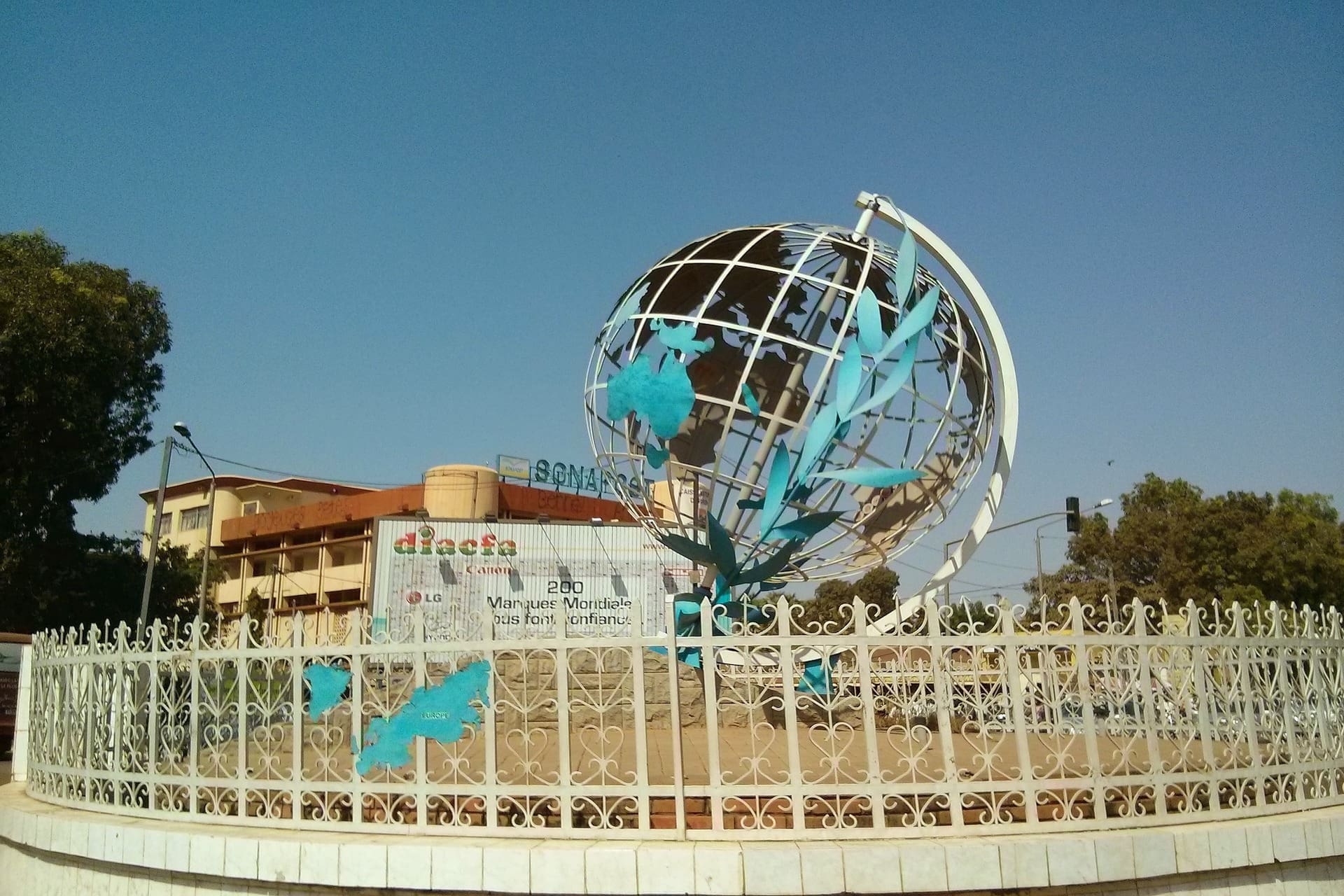
Ouagadougou
The capital city of Burkina Faso offers a mix of modern amenities and vibrant cultural experiences. Explore its bustling markets, visit the National Museum of Burkina Faso to learn about the country’s history, and enjoy the lively nightlife and music scene.

Sindou Peaks
Located in the southwest of Burkina Faso, the Sindou Peaks are a striking series of rock formations that create a unique landscape. Embark on a hike to explore these majestic cliffs and enjoy the stunning natural beauty of the region.
Note: These highlights represent just a glimpse of the many attractions Burkina Faso has to offer. The country’s rich culture, historical sites, natural landscapes, and warm hospitality make it an intriguing and memorable destination to explore.
How to get there
Getting to Burkina Faso is relatively straightforward, with several transportation options available. While the country is landlocked, it can be accessed by air, road, or rail.
If traveling by air, the most common point of entry is Ouagadougou International Airport, which receives flights from various international destinations. Airlines such as Air France, Turkish Airlines, Ethiopian Airlines, and Brussels Airlines offer flights to Burkina Faso. It is advisable to check the flight schedules and book tickets in advance.
For those coming from neighboring countries, road travel is an option. Burkina Faso shares borders with several countries, including Mali, Niger, Benin, Togo, Ghana, and Ivory Coast. Travelers can use border crossings and hire taxis or use public transportation to reach different cities within Burkina Faso.
Rail travel is another possibility, though the rail network is limited. There is a railway line connecting the capital, Ouagadougou, with the coastal city of Abidjan in Ivory Coast. Travelers can board the train in either city and enjoy the scenic journey through the countryside.
Once in Burkina Faso, transportation within the country is primarily by road. Shared taxis, buses, and private cars are commonly used for intercity travel. Motorcycles taxis, known as “zemidjans,” are also popular for shorter distances within cities.
It is essential to check travel advisories and follow any entry requirements, such as obtaining appropriate visas and vaccinations, before visiting Burkina Faso. It is also advisable to plan accommodation and transportation in advance and have a basic understanding of local customs and languages to facilitate smooth travel experiences.
Visa Requirements
To enter Burkina Faso, most travelers will need to obtain a visa in advance. Here are some general guidelines regarding visa requirements for Burkina Faso:
1. Visa Types: Burkina Faso offers different types of visas, including tourist visas, business visas, transit visas, and diplomatic visas. The type of visa you need will depend on the purpose of your visit.
2. Visa Application: You can apply for a visa at the nearest Burkina Faso embassy or consulate in your country or through an e-visa system, if available. The application typically requires completing a form, providing necessary documents (such as a passport, passport-sized photos, travel itinerary, and proof of accommodation), and paying the visa fee.
3. Validity and Duration: Visas for Burkina Faso are generally valid for a specific period, which can vary depending on the type of visa and the applicant’s nationality. Tourist visas are often granted for a maximum stay of 30 days, while business visas may have longer validity periods depending on the purpose of the visit.
4. Extension: If you wish to extend your stay in Burkina Faso beyond the visa’s validity, you will need to contact the immigration authorities and apply for an extension before your initial visa expires.
5. Yellow Fever Vaccination: Burkina Faso requires proof of Yellow Fever vaccination for travelers coming from countries at risk. Ensure you have the necessary immunizations and keep your vaccination certificate handy.
It is important to note that visa requirements may vary based on your nationality, so it is recommended to check with the embassy or consulate of Burkina Faso in your country for the most up-to-date and accurate information regarding visa requirements and application procedures.


Travelling Budget
The cost of traveling to Burkina Faso can vary depending on various factors such as accommodation choices, dining preferences, transportation options, and desired activities. Here are some budget considerations to keep in mind:
1. Accommodation: Burkina Faso offers a range of accommodation options, from budget guesthouses to luxury hotels. Budget travelers can find clean and comfortable accommodations for around $20-40 per night, while mid-range hotels typically range from $40-80 per night. Luxury hotels can cost upwards of $100 per night.
2. Food: Local street food and small restaurants offer affordable options for meals, with prices ranging from $2-10 per meal. If you prefer eating at Western-style restaurants or hotels, the prices may be higher.
3. Transportation: Public transportation, such as buses and shared taxis, is the most economical way to travel within Burkina Faso. Prices for short journeys within cities can start at around $0.50, while longer intercity trips can cost $5-20. Renting a car or hiring private taxis can be more expensive but provides more flexibility.
4. Activities: Burkina Faso offers various cultural festivals, national parks, historical sites, and museums to explore. Entrance fees for attractions are generally affordable, ranging from a few dollars to around $10. Participating in guided tours or hiring guides may incur additional costs.
5. Miscellaneous Expenses: Other expenses to consider include visa fees, travel insurance, souvenirs, and any additional personal expenses. It is advisable to set aside a buffer for unexpected costs or emergencies.
As a rough estimate, budget travelers can plan for a daily expenditure of around $30-50, which includes accommodation, meals, transportation, and some activities. It is always recommended to research and plan your budget based on your specific travel preferences and requirements.
What makes your journey easier
Everything you need to know about what to bring to make your travels easier, more safe and fun
Be Mindfull
Gadgets
Gear
Insurance
Visa


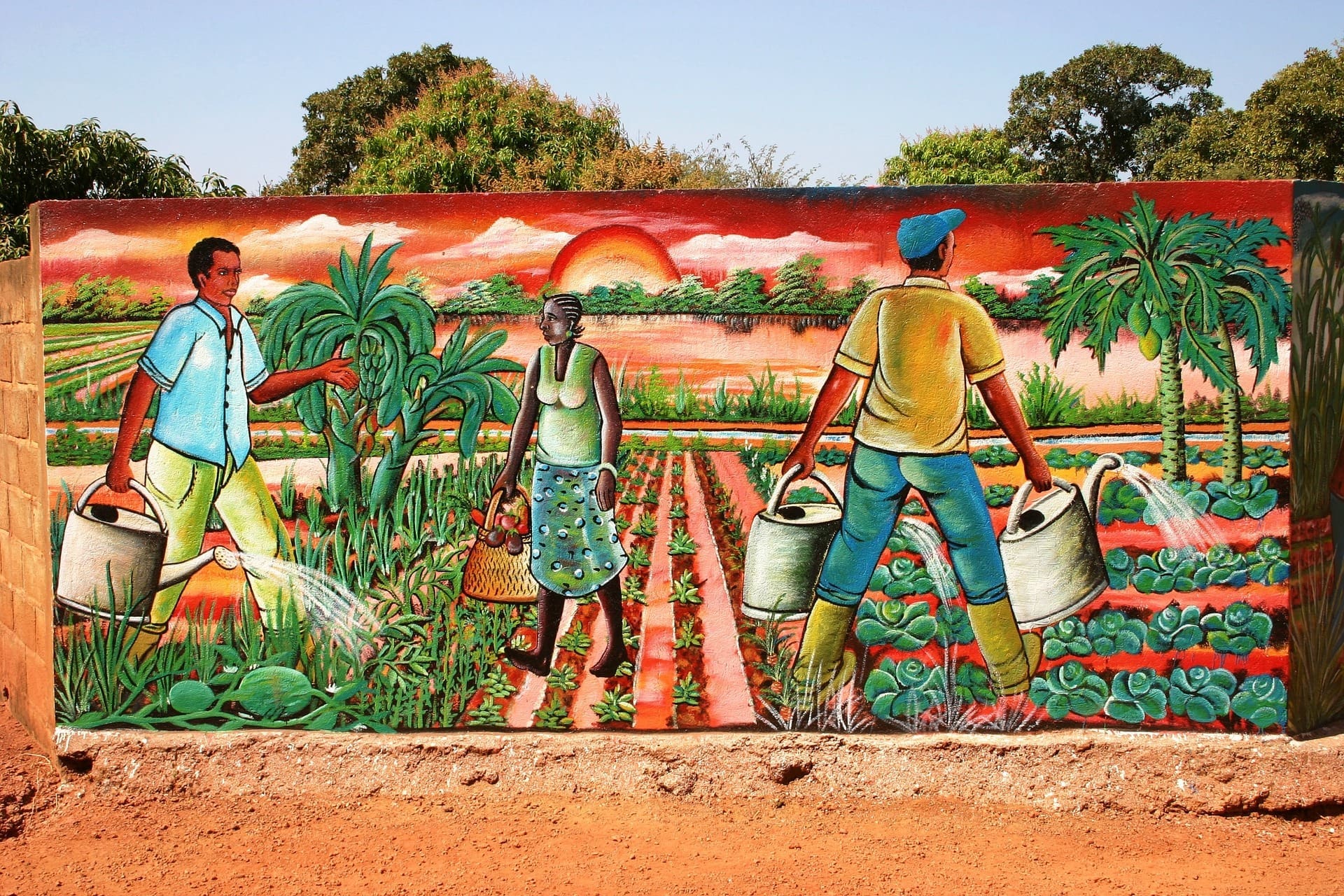
![Burkina Faso 2x [Le monument aux martyrs]](https://travelhd.nu/wp-content/uploads/2023/08/Burkina-Faso-2x-Le-monument-aux-martyrs--scaled.jpg)


